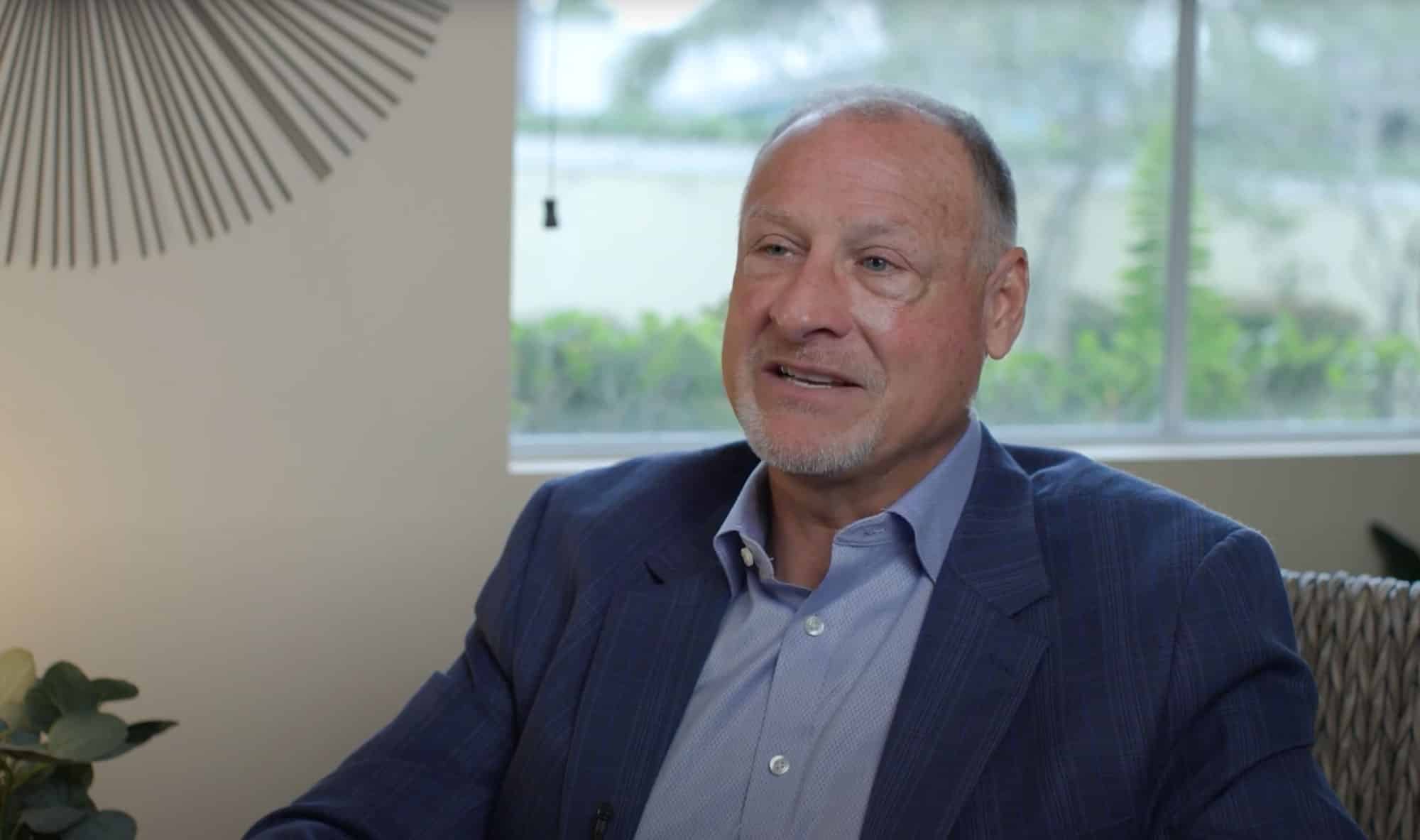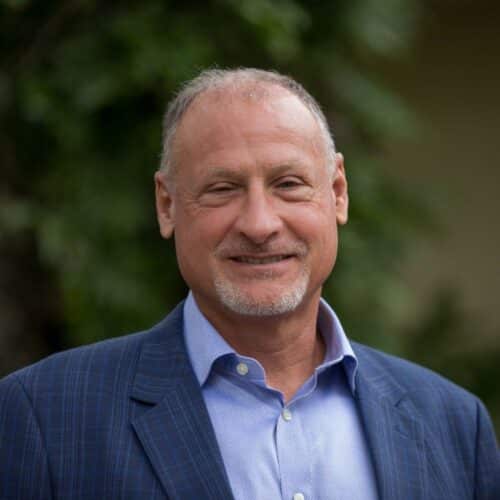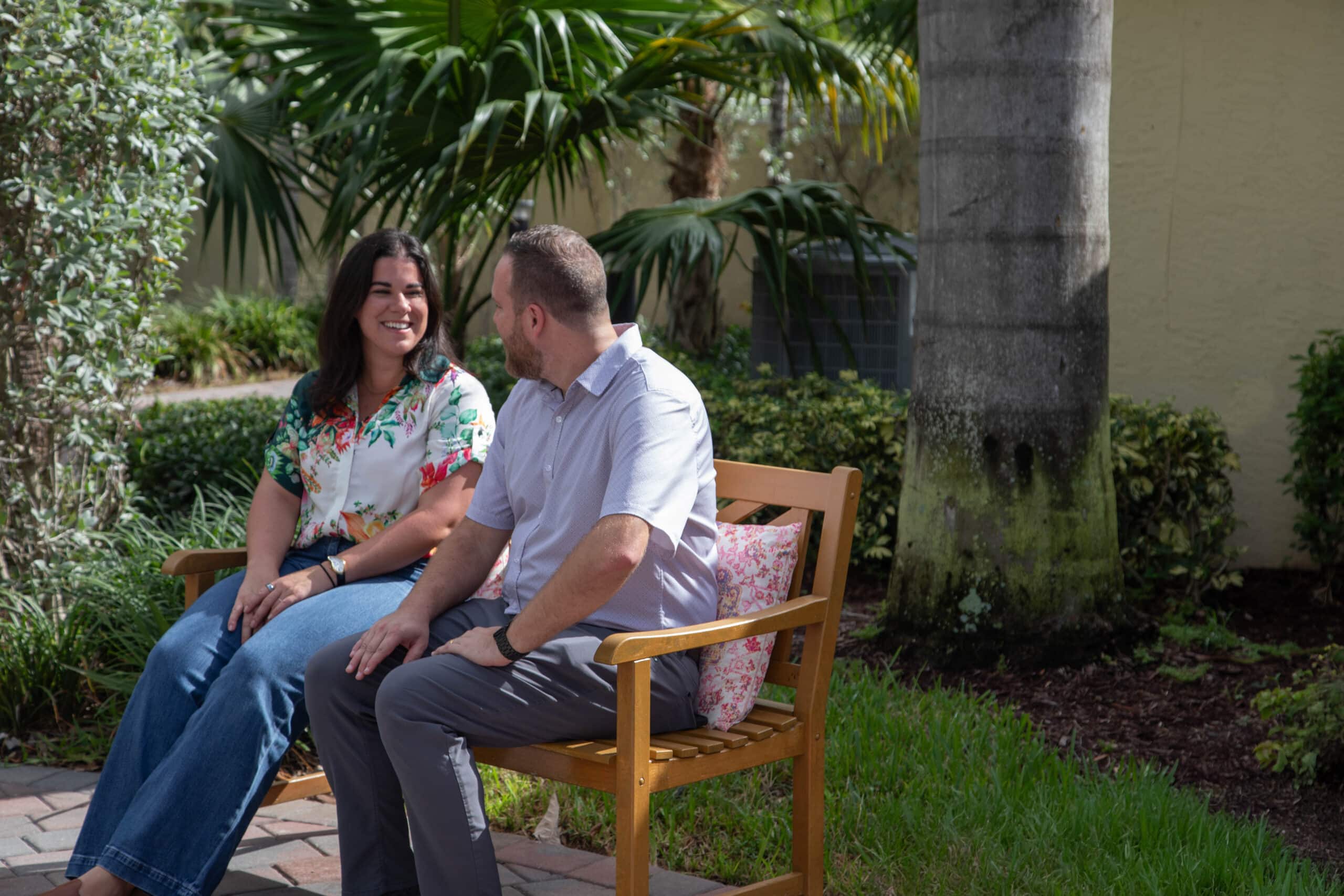Clinical Pathways
Specialized clinical pathways designed to provide personalized, evidence-based treatment for mental health, substance use, and trauma-related disorders. Each pathway offers tailored care to guide clients toward lasting recovery.
Our Tailored Approach Guiding Through Treatment
At Lifeskills, our exclusive clinical pathways offer tailored, structured approaches to treat mental health, substance use, and trauma-related disorders. These pathways guide clients through recovery, ensuring they receive the appropriate level of care based on their unique needs. Each pathway is overseen by a doctoral-level or licensed clinician, with the flexibility to adjust for personalized, effective treatment.

-
“At Lifeskills, we understand that every individual’s journey is unique. That’s why our clinical pathways are designed to meet people where they are. Each pathway is rooted in evidence-based practices and tailored to address specific needs. By combining proven therapeutic care with real-world support, we help individuals and their families find lasting recovery.”

Klay Weaver, LCSW
Chief Executive Officer
Our 8 Clinical Pathways to Recovery
Acute Psychiatric Care / Medical Support Pathway
This pathway serves individuals with complex psychiatric and co-occurring disorders that require heightened clinical oversight. It supports those facing acute symptoms, medical complications, treatment resistance, medication nonadherence, escalated risk-taking behaviors, or multiple treatment episodes. Guided by experienced clinicians, clients receive intensive psychiatric care, medical monitoring, and tailored interventions to stabilize symptoms and establish a strong foundation for long-term recovery.
Cognitive Behavioral Therapy Pathway
This pathway utilizes evidence-based CBT to treat mood disorders, including depression, anxiety, and obsessive-compulsive disorder (OCD). Through structured interventions, clients learn to recognize and reframe irrational or self-defeating thoughts, develop healthier responses, and build effective coping strategies for long-term emotional resilience.
Cognitive Remediation Therapy Pathway
Designed for individuals with thought disorders and psychosis related to substance use disorder (SUD), this pathway utilizes computer-based CRT to strengthen cognitive functions like executive functioning, decision-making, and impulse control. Through targeted interventions and life skills training, clients improve comprehension, enhance problem-solving abilities, and build a foundation for lasting stability and sobriety.
Dialectical Behavior Therapy Pathway
This pathway follows a comprehensive DBT model, supporting individuals with personality disorders, including borderline personality disorder (BPD) and emotional dysregulation. Clients engage in skills training, individual therapy, and 24/7 phone coaching for real-time support. A dedicated DBT clinician provides continuous guidance, helping clients develop essential skills in emotional regulation, distress tolerance, interpersonal effectiveness, and mindfulness — skills that are crucial for achieving lasting recovery.
Metabolic Fitness Pathway
This pathway supports individuals at risk of cardiometabolic syndrome or weight-related challenges due to mental health conditions or psychotropic medications. Clients’ wellness improves through structured nutrition, fitness, and lifestyle interventions. Key components include personalized nutrition coaching, fitness training, and holistic wellness activities such as yoga and meditation. While this pathway is adapted for clinical appropriateness in individuals with eating disorders, it does not serve as a primary treatment for eating disorders.
Social Integration Pathway
This pathway bridges treatment and real-world application, helping clients regain independence through recreational, social, and life-skills activities. Clients engage in real-life situations, practicing essential skills under the guidance of professionals. Key components include personalized activity selection, real-time support from licensed professionals, and hands-on skill-building for lasting success. Our social integration model fosters confidence, autonomy, and resilience, empowering clients to navigate life with greater stability.
Substance Use Disorder Pathway
This pathway integrates an evidence-based approach to support individuals with SUDs and co-occurring mental health conditions. It combines CBT, DBT, rational emotive behavior therapy (REBT), and a 12-step philosophy to help clients develop healthier coping strategies and long-term recovery skills. Key components include relapse prevention groups, emotional regulation, mindfulness, holistic support, and a comprehensive recovery framework. This pathway promotes accountability, self-awareness, and resilience, equipping clients with the tools for sustained sobriety and mental wellness.
Trauma Treatment Pathway
This pathway addresses PTSD, complex trauma, and dissociative identity disorder (DID) through evidence-based therapies, including cognitive processing therapy (CPT), eye movement desensitization and reprocessing (EMDR), seeking safety, and DBT. It follows a three-stage approach — safety and stabilization, trauma processing, and reintegration — with gender-specific groups in our women’s program. The pathway emphasizes emotional regulation, healing, and empowering clients for lasting recovery through a structured, trauma-informed approach.
Our Levels of Care
At Lifeskills, we offer a comprehensive continuum of care to support individuals at every stage of their recovery journey. Our levels of care include detoxification, residential treatment, partial hospitalization, intensive outpatient, and transitional living programs, each tailored to meet the unique needs of our clients.

Your Transformation Starts Now
Take the first step toward a brighter future. Call Lifeskills today or complete our form to connect with a dedicated admissions specialist. Hope and healing are within reach.
Your privacy is our priority. All communication is completely confidential.
